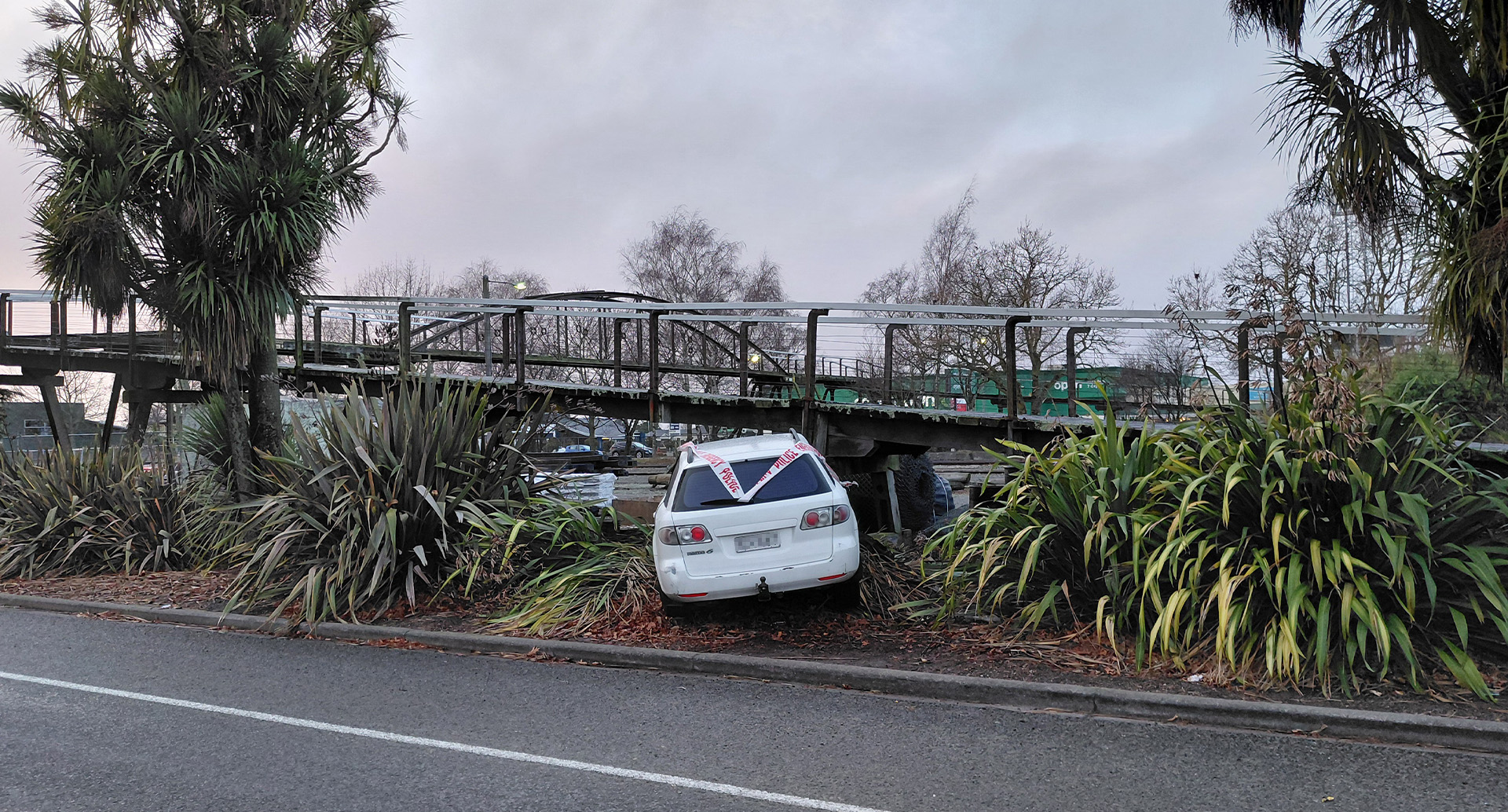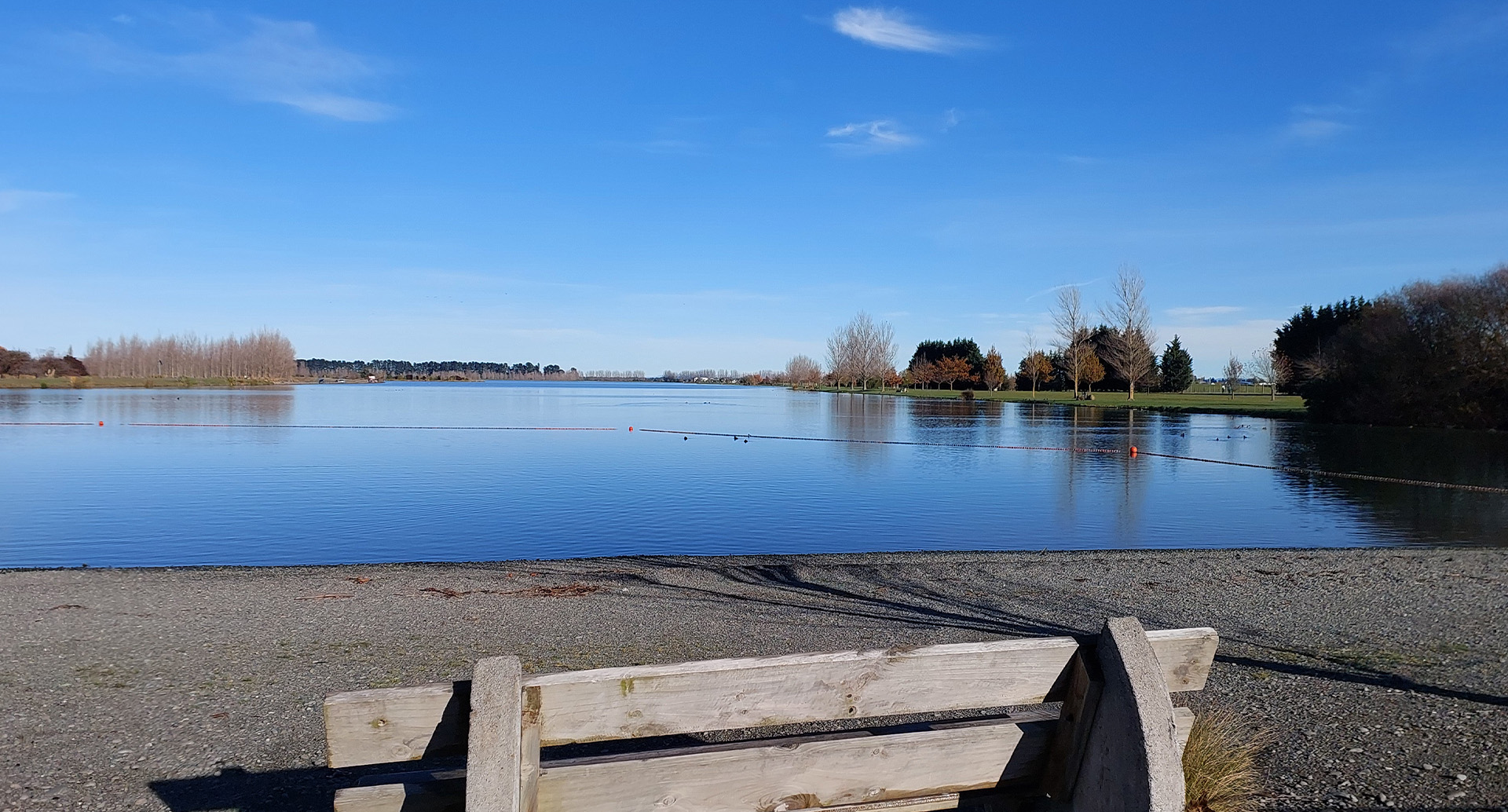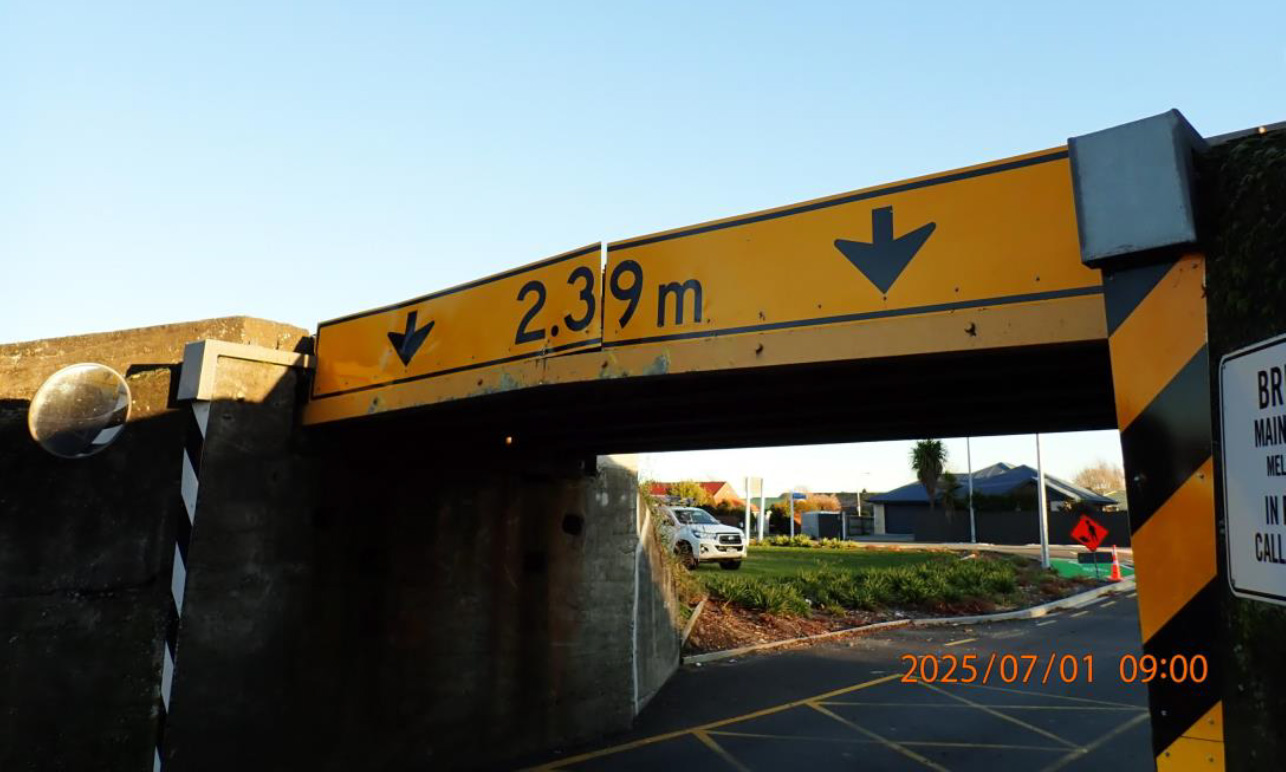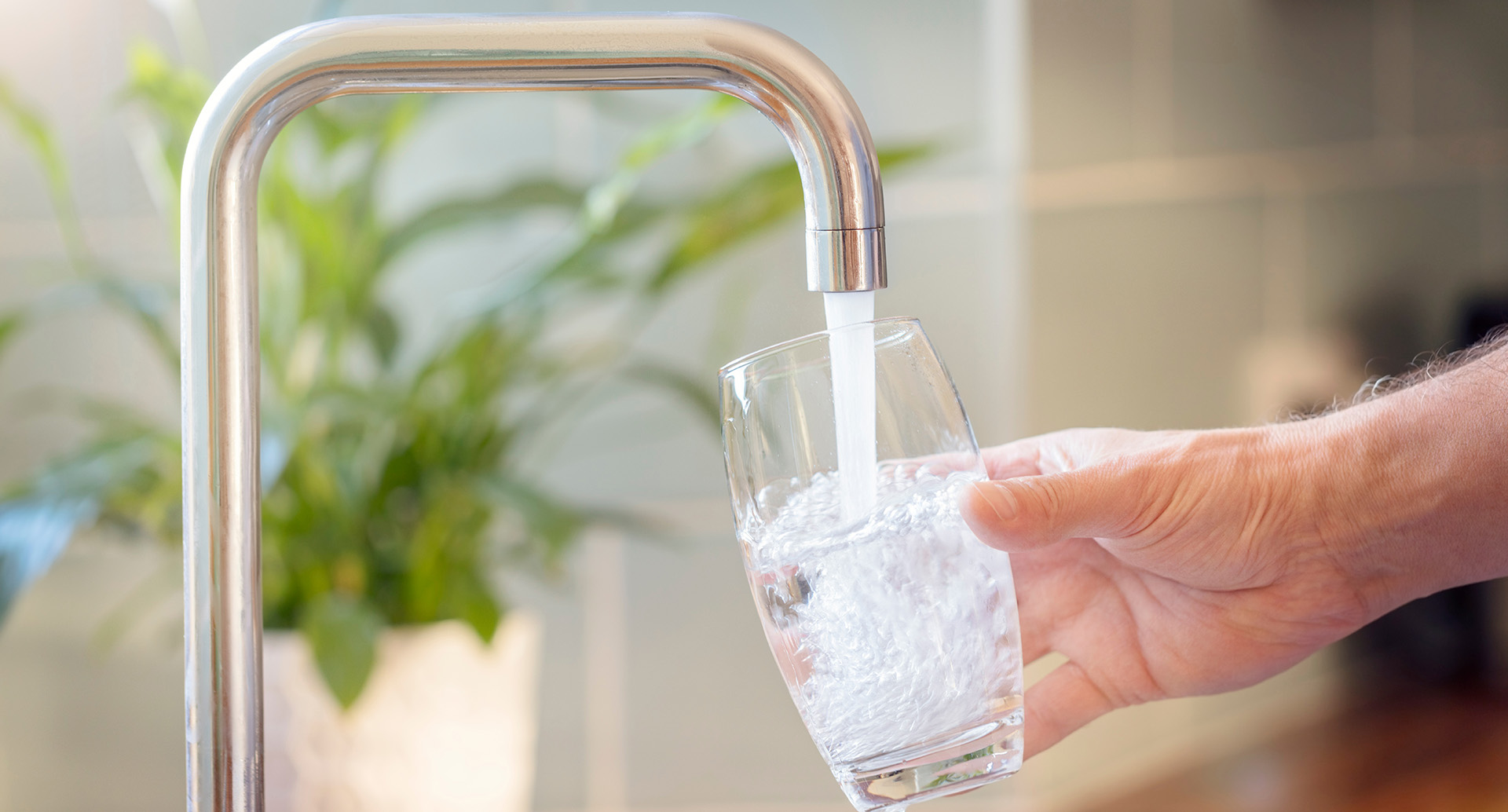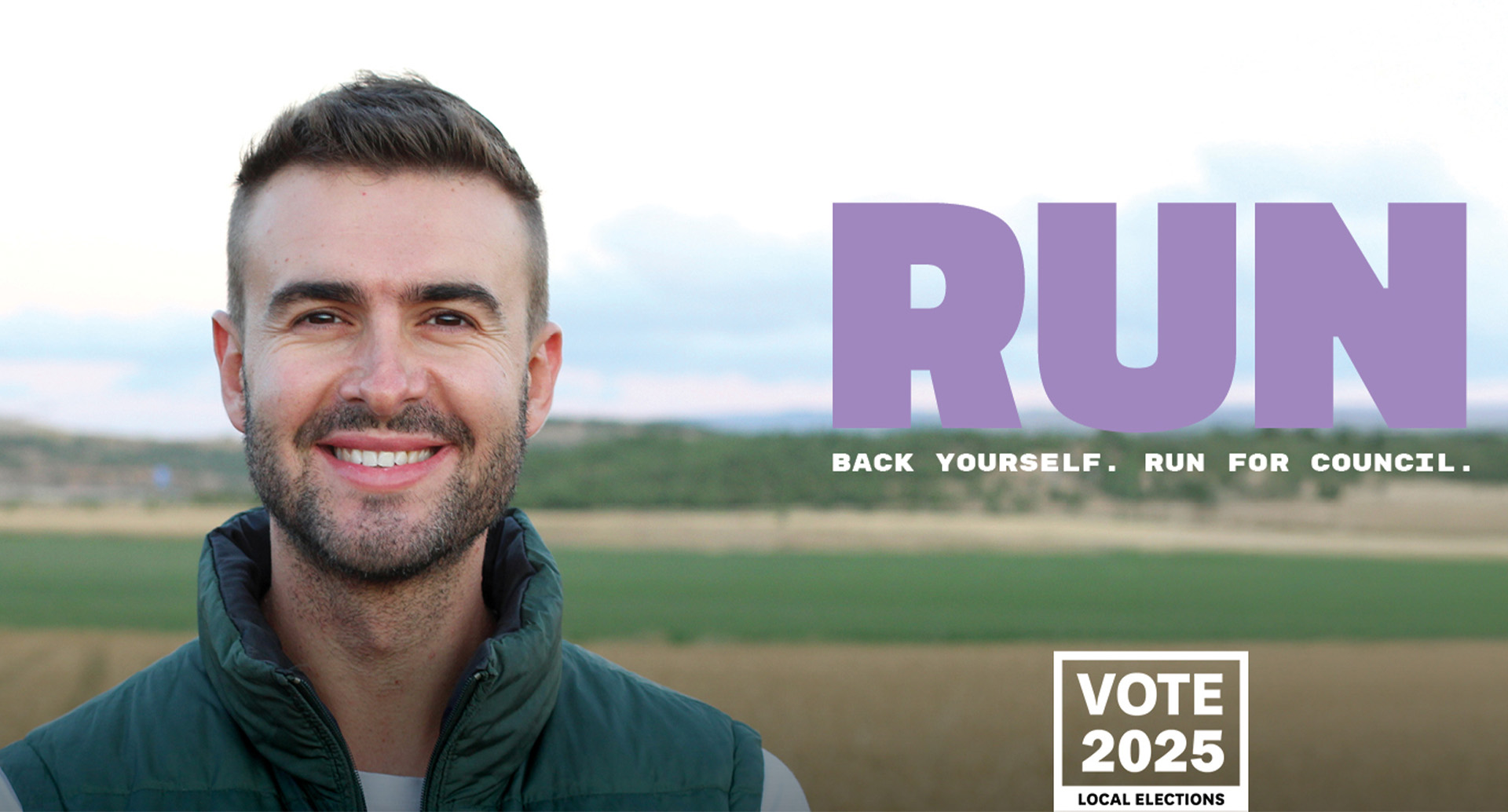Flushing just the three Ps keeps pipes flowing free
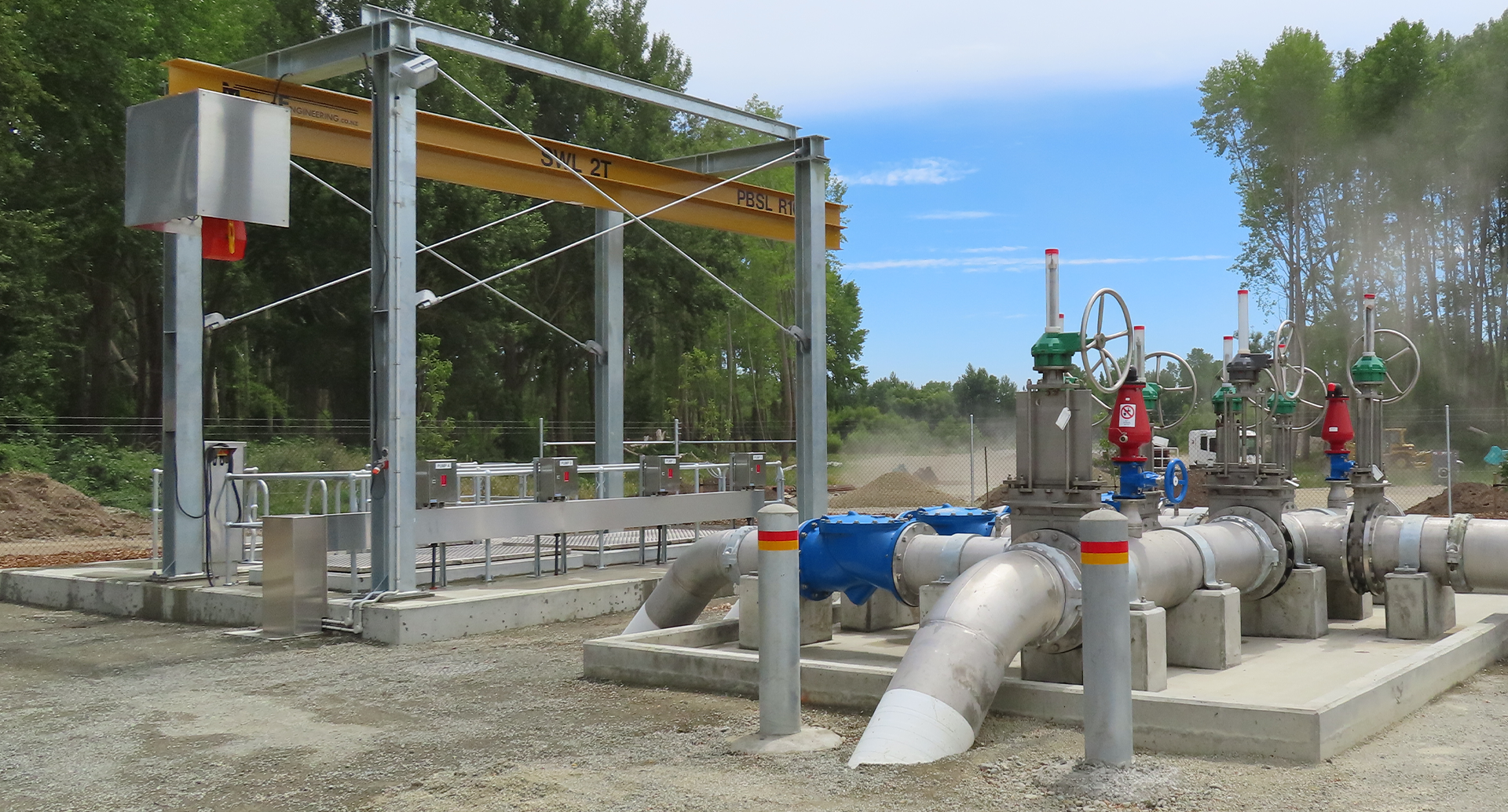
Ashburton District residents are being thanked for confining their flushing to just the three Ps - pee, poo and toilet paper.
Flushing anything else, like baby wipes or wet wipes, has the potential to cause blockages that are expensive to clear, and now there are new rules in New Zealand and Australia that set standards for what can and cannot be flushed.
Council Infrastructure Services Group Manager Neil McCann said that unlike other councils, Ashburton generally had few issues with non-flushables causing blockages.
“But wipes and other non-flushables can be a major cause of blockages in pipes and contribute to things like fatbergs and environmental pollution through sewage overflows.
“The new rules mean manufacturers now have to label items that can be flushed and it will be an offence to label a product flushable if it does not meet the new standard.”
He said Council continued to urge people not to flush anything other than the three Ps. “If there’s no flushable symbol on the packet then don’t flush it, bin it.
"When we have blockages, we can isolate an area and send letters to households about what they can or can’t flush.”
Mr McCann said this was the case recently when nappies were being flushed.
Water New Zealand says there are numerous products that are labelled flushable that won’t meet the new standard. Manufacturers will need to get them tested in order to use the label and claim that they are flushable.
Products that contain plastic, that don’t disintegrate or pass easily through pipe networks or pumps might not pass the new standard.
Mr McCann said wastewater systems were designed to treat waste from toilets and urinals, along with other waste from bathing, laundry and kitchen activities though fats, oils and greases can cause problems.
“A lot of products have been introduced into the marketplace in recent years that claim to be flushable, but these are not compatible with our wastewater systems and can lead to blockages.
“We really thank our residents for their educated bathroom habits.”
Share this article
Latest News
Historic footbridge closed until temporary support installed
Lake Hood data will help scientists
Tinwald viaduct to temporarily close
Do you qualify for a rates rebate? Check it out
Water pipe renewals under way from 7 July
Road Closures
TANCRED STREET
from 14 Jul 7:00 to 29 Aug 18:00
PHILIP STREET
from 7 Jul 7:00 to 25 Jul 18:00
NICHOLSON STREET
from 9 Jun 7:00 to 25 Jul 18:00
WILLS STREET
from 6 Jun 19:00 to 6 Jun 21:30
KING STREET, ALEXANDER STREET
from 3 Feb 6:00 to 13 Sep 18:00
View all Road Closures | Live map
